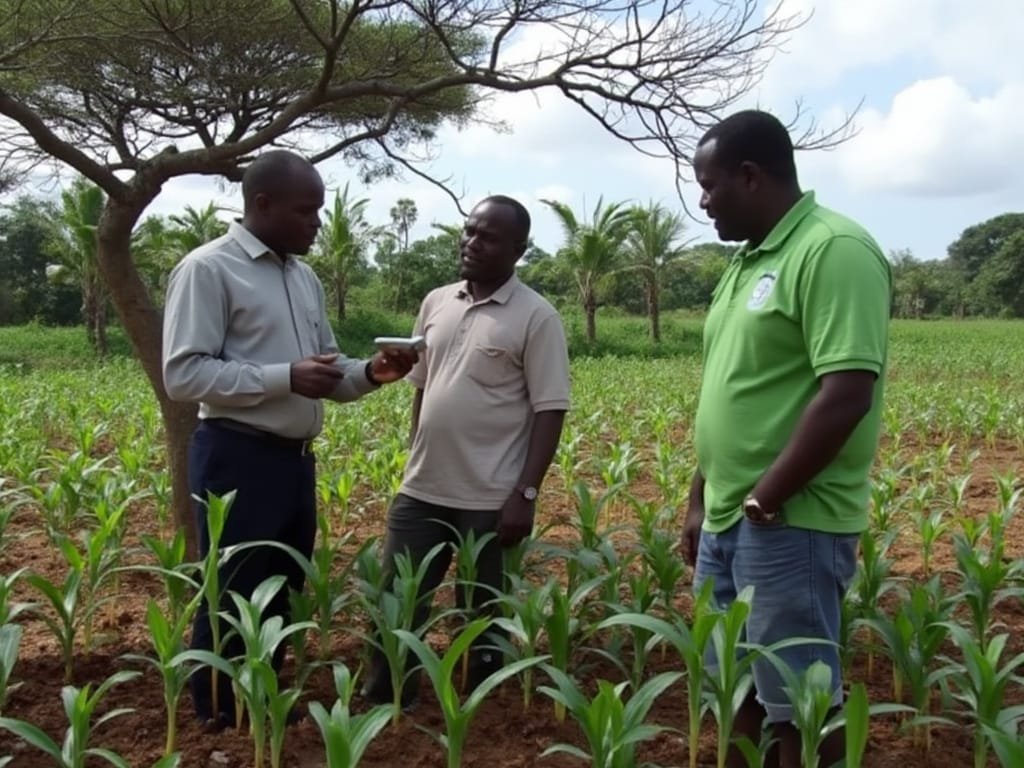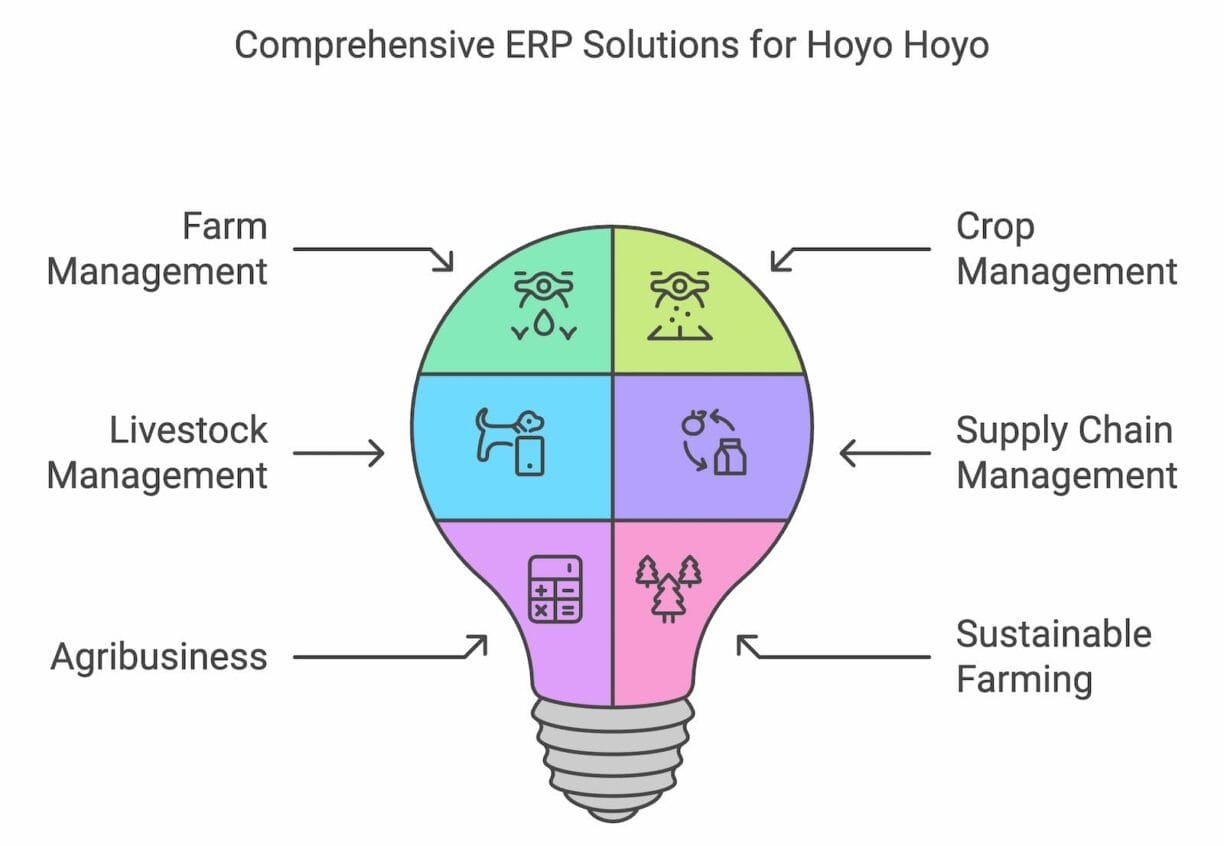
In 2014, AlborAgro ERP was implemented as part of the Hoyo Hoyo project in Mozambique, an ambitious agribusiness initiative led by Quifel Natural Resources. The project, encompassing 30,000 hectares, focuses on sustainable crop production and capitalizing on Mozambique's fertile land and favorable climate. The implementation of AlborAgro ERP over an intensive two-week period marked the beginning of a successful partnership that has revolutionized farm management in the region.
The Hoyo Hoyo project, located in Mozambique, is an agribusiness venture with a vision of creating a profitable and sustainable agricultural enterprise. The project was designed to meet the increasing global demand for agricultural products, particularly in regions like Sub-Saharan Africa, where the availability of land and labor costs create significant investment opportunities.
The project emphasizes both perennial and seasonal crops, aiming to leverage Mozambique’s soil and climate conditions. With a commitment to sustainable farming practices, the project is projected to become a key player in Mozambique’s agricultural landscape. The implementation of the AlborAgro ERP system was a critical step toward streamlining farm operations and achieving greater efficiency.
Agribusinesses across Africa are rapidly adopting ERP systems to enhance productivity and streamline their operations. With a growing population and increasing demand for food, the pressure is on to maximize yield, improve logistics, and ensure financial sustainability. For large-scale agribusinesses like the Hoyo Hoyo project, managing resources, crops, and finances effectively is essential. Traditional farming management systems can no longer meet the demands of modern agriculture, especially when operating on such a large scale.
Implementing an ERP system like AlborAgro offers several advantages:
The AlborAgro ERP system is specifically designed for the agricultural industry, offering tools to manage various aspects of farming operations. From crop management to financial tracking, the ERP system integrates every element of farm management into one cohesive platform. In the case of the Hoyo Hoyo project, which manages extensive land with diverse crops and resources, implementing this ERP system was essential to manage the scale of operations.

The implementation of AlborAgro ERP in the Hoyo Hoyo project was completed in just two intensive weeks. During this period, the team at AlborAgro worked closely with the project’s management team to ensure a smooth transition from traditional farm management practices to the ERP system. This quick implementation was critical in minimizing disruption to ongoing farm operations and allowed the team to start reaping the benefits of the ERP system immediately.
Key areas of focus during the implementation included:
Since the implementation of AlborAgro ERP, the Hoyo Hoyo project has seen significant improvements in efficiency and productivity. The ability to manage crops, resources, and finances from a single platform has enabled the project to scale its operations effectively. Additionally, the real-time data provided by the ERP system has allowed the management team to make informed decisions, optimizing resource allocation and improving profitability.
The successful implementation of AlborAgro ERP in the Hoyo Hoyo project is a testament to the system's ability to meet the needs of large-scale agricultural operations in Africa. As the project continues to grow, AlborAgro ERP will play a crucial role in ensuring its sustainability and success.
The partnership between AlborAgro and the Hoyo Hoyo project in Mozambique has demonstrated the value of ERP systems in modern agribusinesses. In just two weeks, AlborAgro ERP transformed the way the project was managed, providing tools for efficient farm management, supply chain optimization, and financial tracking. As the project continues to expand, AlborAgro ERP will remain an essential tool in ensuring its continued growth and success. This case study highlights the importance of adopting advanced technology in Africa’s agricultural sector, where the potential for growth is vast, and the need for efficiency is paramount.